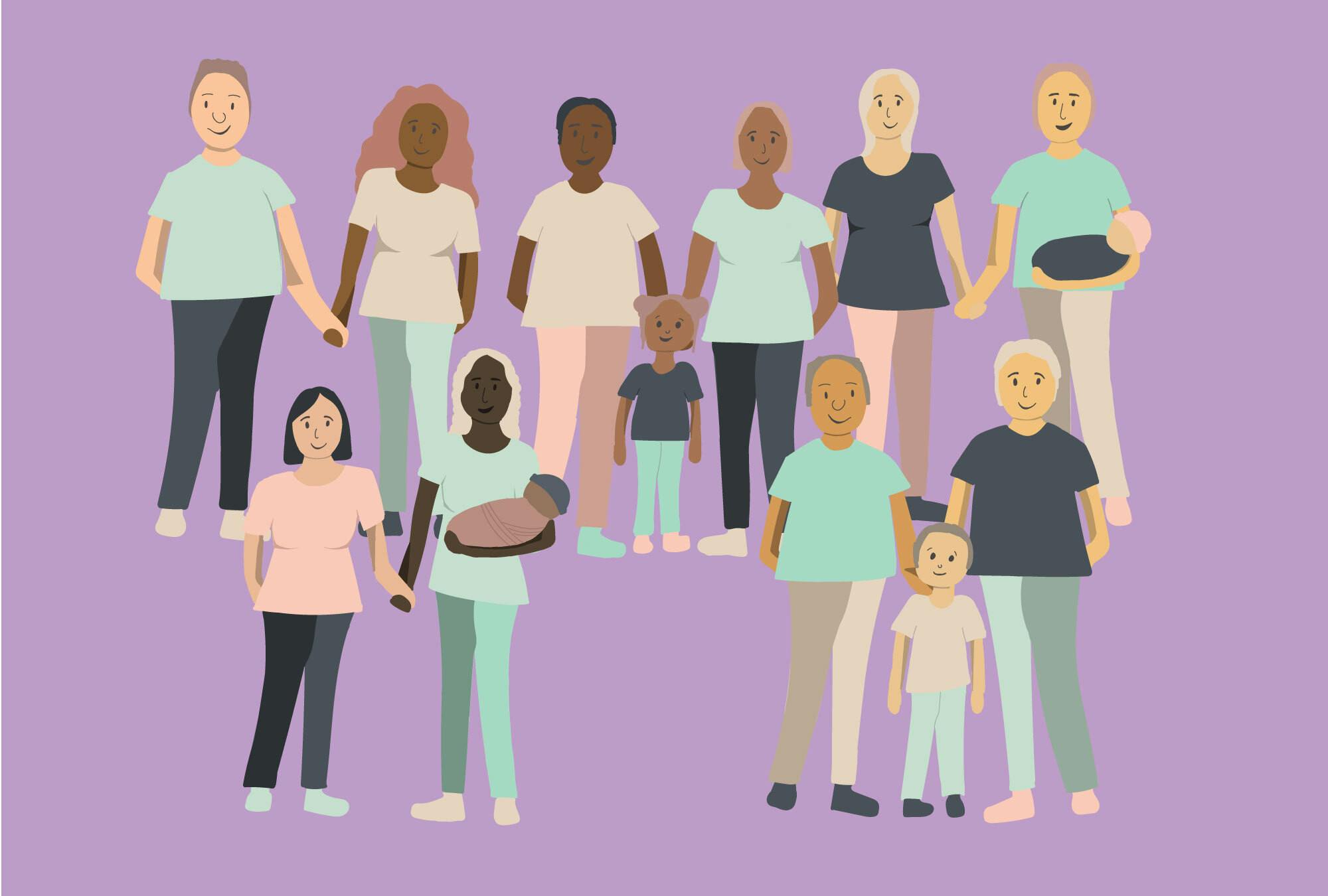Environmental microbiology sophomore Alassane Sow is undecided if he wants children in the future. The main factor impacting his decision is whether or not he'd be raising them in the United States.
Sow, who has been thinking about this decision for the past few years, said he “wants that blessing” of raising children, but would rather do so in another country. He is “scared to raise somebody” in the U.S. because of the safety, politics and the possibility of being low-income. He would consider having children if he could raise them in New Zealand or Australia.
Sow isn't alone in his hesitancy. A study conducted and published by two Michigan State University professors — Jennifer and Zachary Neal — reveals that over one in five adults in Michigan do not want children in their future.
The study, apart of MSU's State of the State Survey, examines the relationship between Michigan citizens and their stance on wanting children in their lifetime with possible factors that influence their decision.
Jennifer and Zachary Neal concluded that there exists five groups of individuals that classify as people who don't have children. Child-free individuals don't have or want children; not-yet parents plan to have children in the future; childless individuals want children but aren't able to because of a variety of factors; undecided individuals aren't sure if they want children in the future; ambivalent individuals aren't planning to have children but are unsure.
Jennifer Neal was interested in childless adults who don't have children who don't want children throughout their lifetime. She curious to see what factors influenced them to make that decision.
“What’s surprising is initially, when we first tried to start looking at how many child-free people were in Michigan, we were so surprised by how large our prevalence statistic was,” Neal said.
Sex, race and ethnicity, age, education, income, LGBTQ+ individuals' partnership status and their life regret influenced the decision of those who don't want kids, according to the study. Child-free adults comprised 20.04% of the adult population in Michigan while 7.44% is undecided.
Findings from the study revealed that more men — 28.82% — wish to be child-free than women — 18.2%. In addition, 39.48% of LGBTQ adults want to be child-free. Like Sow, 32.94% of the adults decided they wanted to be child-free during their teen years.
Psychology senior Amanda Fronckowiak sees motherhood as a "gift" and something she wants to experience someday. She loves the idea of being married and sees having children as a beautiful part of marriage. This classifies her as a not-yet parent.
Kinesiology senior Grace Zadrzynski wants to have children in the future. Growing up in a Catholic family has influenced her decision, she said. Once she came to college, she had the opportunity to decide if she “wanted to continue living" her faith or not.
Zadrzynski said she never really questioned having children, though she believes that it is scary to think about raising children “in the world that we live in.” In future years, Jennifer Neal wants to see if proposed restrictions to abortion access may have affected people’s decision to be child-free, an aspect that was not included in this year’s survey.
Support student media!
Please consider donating to The State News and help fund the future of journalism.
Discussion
Share and discuss “MSU study reveals 1 in 5 Michigan adults don't want children. Where do students stand?” on social media.







